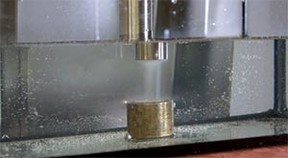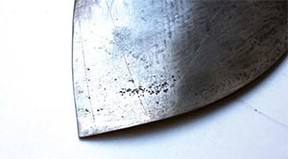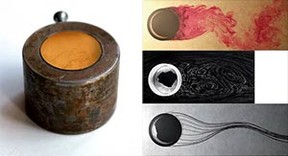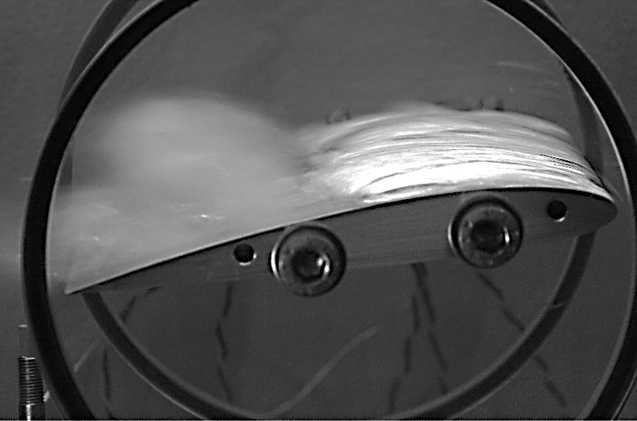Laboratory of multidimensional flow and cavitation
Main goals and activities of the laboratory:
- research on heat transfer during phase changes such as boiling or condensation;
- research into the influence of physico-chemical properties of the surface on the temperature and momentum boundary layers, research into the influence of boundary layers;
- research into the influence of nanofluids on temperature and momentum boundary layers, research into the use of nanofluids to increase the thermal conductivity of fluids and increase heat transfer. Experimental cavitation research;
- measuring the effects of cavitating flow using PVDF sensors;
- cavitation research in hydraulic dampers;
- cavitation erosion tests using an ultrasonic field, evaluation of cavitation damage of surfaces.
Professional focus of the laboratory:
- the laboratory focuses on basic and applied research in the field of phase transitions. We observe and try to describe the basic thermodynamic phenomena with respect to future applications;
- Cavitation is a physical phenomenon that is related to the formation, extinction and activities of macroscopic bubbles or their structures in a flowing liquid or in a liquid at rest. The laboratory is focused on the research of the behavior of individual bubbles, but also on the research of the complex cavitating flow;
- the laboratory specializes in measuring the force effects of cavitation using PVDF sensors;
- the laboratory focuses on the visualization of cavitating flow using high-speed recording;
- the laboratory focuses on the evaluation of destructive effects and the implementation of cavitation erosion tests.
Specific devices and outputs:
- professional equipment for accurate measurement of fluid flow and state variables;
- ultrasonic cavitation generator - certified measurement of cavitation resistance of technical materials;
- acoustic bubble spectrometer - device for on-line measurement of bubble content in flowing fluid;
- piezoelectric high-frequency sensors - measurement of cavitation effects on surfaces, detection of cavitation on equipment.
Offered technologies and expert activities:
- research and development of equipment working in the field of phase transition;
- design and analysis of measures leading to intensification of heat transfer (initialization of the phase transition, change of surface quality, use of additives, eg nanofluids);
- cavitation wear research of materials;
- development of methods for cavitation treatment of surface properties of materials;
- development of new cavitation-resistant materials;
- research into the behavior of cavitation bubbles and their structures near biological materials, intensification of drug delivery using ultrasonic cavitation.

 Česky
Česky



